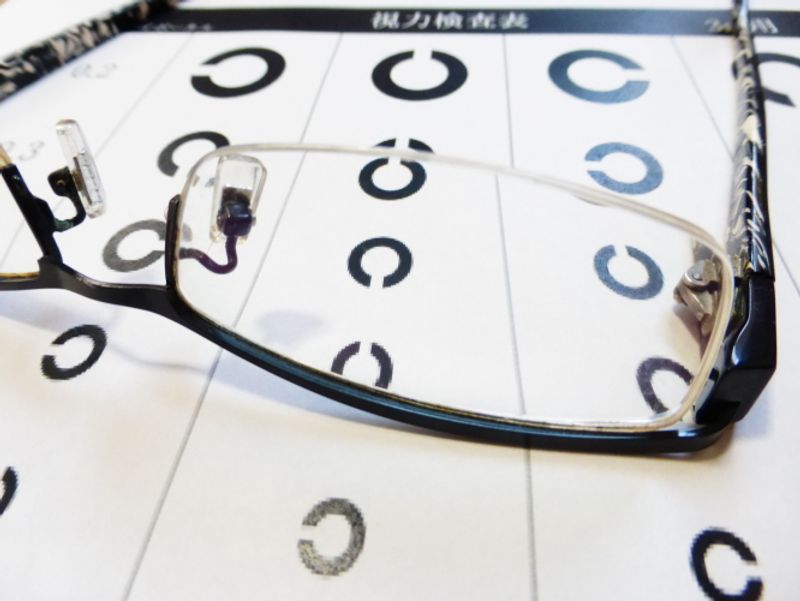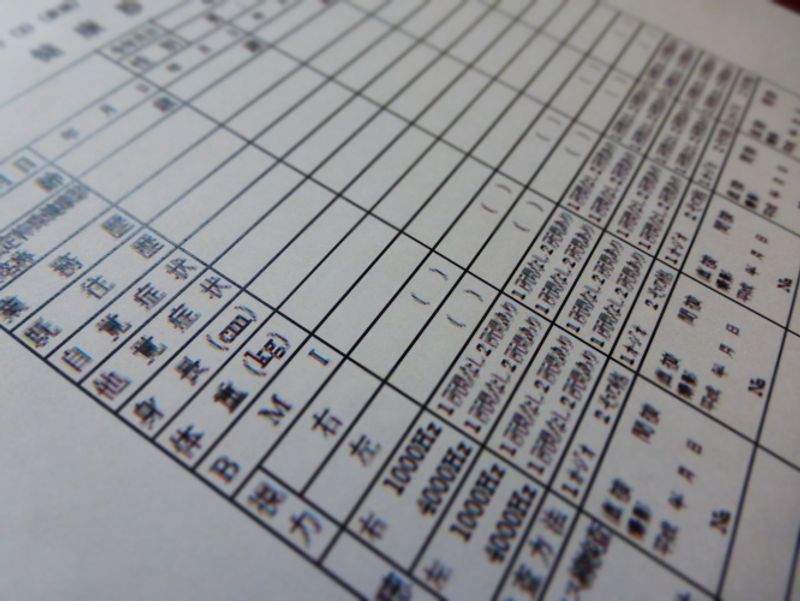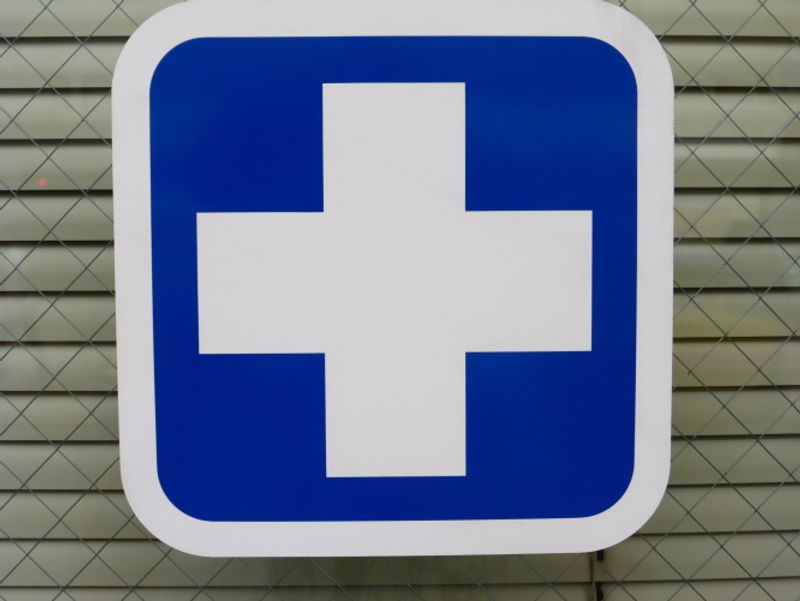Sep 23, 2014
Kenko Shindan - The Japanese Health Check

Reaction to the line, It's time for your kenko shindan., runs the gamut from mild panic (I should have stopped smoking.), through weary sigh (Do I really have to?) to, in some cases, a sense of satisfaction (Ahh, the people upstairs care about my well being.).
Kenko Shindan / 健康診断 / Health Check; company policy, fussy interference of a nanny state, or a sign that someone out there wants to look after us. Whatever the motive, many a worker in Japan will be given their marching orders to the nearest clinic to be poked and prodded so that they might be proved fit for labor.
Annual health checks in corporate Japan are common place, with foreign workers also expected to partake. Of course, this all depends on your employer. Despite pressure from the central government, health checks cost money, so don't be surprised if it's not mentioned. For those of you working in public schools, though, no exception will be made.
Oft referred to as kenshin (検診), checks are fairly spartan. The exception is the dystopian sounding ningen doku/人間ドック (human dock) which is a full day/over night session of testing. Only for high performance athletes, the seriously concerned, or the masochistic.
Although the process is straightforward, for those that don't have a grasp of Japanese, it can be a little bewildering. But forewarned is forearmed, and hopefully going in knowing what to expect will make the process smoother and keep your anxiety levels down to blood-pressure-test-acing levels!
The following checks are commonplace:

Blood Pressure (ketsu atsu/血圧)
Either done by yourself using a machine (we've all seen them), or manually, by a nurse. If your stats are high, a second check will be made. Do your best to stay calm, as anxiety will only serve to exacerbate the results.
Chest X-Ray (rentogen/レントゲン検査)
This is to check for tuberculosis (especially important if you work in public schools). If wearing your work shirt, you'll be asked to take it off. Have something on underneath if you're uncomfortable. Step-up to the machine and take a deep breath.
NB – there are other ways to check for tuberculosis, if you object to an X-ray. However, the cost may have to come out of your own pocket and may not be available at all clinics.
Eye Test (shiryoku/視力)
This is just to check your sight. Japan uses the Landolt C chart, a series of broken rings that get smaller in size. You have to tell the nurse where the break in each ring is, up (ue/上), down (shita/下), left (hidari/左), right (migi/右).
Hearing (chyouryoku/聴力)
On this writer's first hearing test, I was sat in small cubicle, given some massive head phones to put on, and handed a small button. I sat and listened to a series of emerging beeps. And did nothing. It turns out you're supposed to hit the button as soon as your hear something. You see, forewarned is forearmed!
Urine Test (nyoukensa/尿検査)
Make sure you're ready to go! Do your business into a paper cup and leave it on a discreet (or not so discreet) counter.
Height/Weight (shinchyou/身長, taijyuu/体重)
Err, … yeah.
General Checkup
Usually the final stage, where a doctor will give you a quick once-over. A check of the throat, the stethoscope bit, and a feel of your stomach.
Optional Extras
Some companies may request a blood test (ketsuekikensa/血液検査), or it may just be a freebie thrown in for those over a certain age. Eating is forbidden for a few hours before taking a blood test. Bit of a struggle if you're scheduled for an afternoon/evening checkup.
As you get older, health checks become more 'involved'. 40, is the general bench mark for this.

Notes
Of course, one doesn't have to be employed in order to take a health check but be aware that state insurance policies don't cover them. Expect to pay between 5,000 – 10,000 yen. The ningen doku starts from around 40,000 yen.
Employees are not obliged to use clinics designated by their employers. If you have a physician that your comfortable with, this should be accepted.
Municipal health checks are often provided by the city you reside in. And they're often free! You'll be sent information through the post if you qualify. Alternatively, make inquiries next time you're in the City Hall.
If your health check turns up some points of concern, it's important to understand that your employer is obliged to help make changes to your work environment that better serve your health. However, to what extent they should or will do this, remains unclear.
Do you have to take a health check? Are you obliged to reveal the results to your employer? Should your employer be footing the bill? These are questions that we should all be asking. This writer is reluctant to add further speculation to already varying reports that are floating around. Government policy on such matters is available, though often in Japanese only. Worker's unions websites are often good sources for simplified interpretations of the law and your rights.



0 Comments